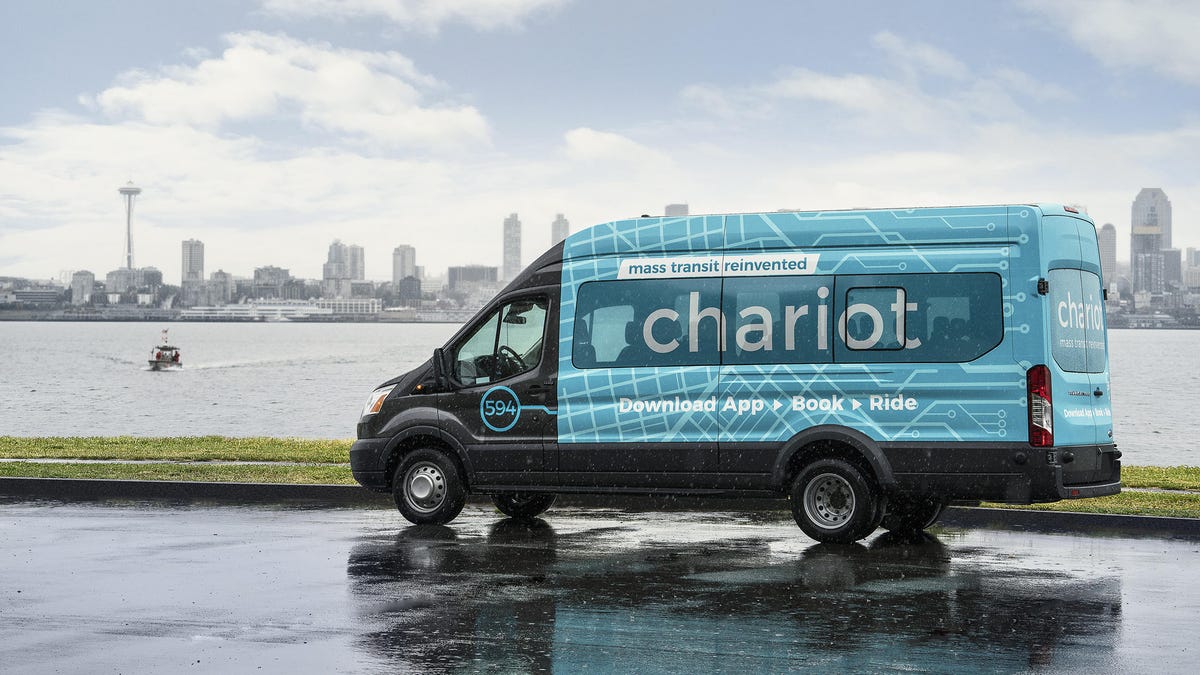Ford seeking commercial vehicle autonomous tech partnerships
Dearborn-based automaker thinks beyond pizzas, sees more potential in ride-sharing and delivery services.

Earlier this week, Ford revealed that its first autonomous vehicle development partnership is with Domino's Pizza. Naturally, the Blue Oval's self-driving ambitions extend far beyond an expedited large pepperoni with extra cheese, and now it's been revealed that the company is thinking bigger about driverless commercial vehicles, too.
According to Reuters, Ford is exploring numerous partnerships to develop autonomous large commercial vehicles. It's not immediately clear what types of vehicles are being planned or who the potential partners are, but Sherif Marakby, Ford's vice president of autonomous vehicles and electrification, says that targets include "ride-sharing and delivery services."
Ride-sharing is something Marakby knows something about: In 2016 and early 2017, he worked at Uber as vice president of their global vehicle programs prior to rejoining Ford in June.
Ford's ride-share on-demand service, Chariot, could be a target for self-driving tech.
Perhaps not incidentally, Ford already operates its own low-cost on-demand service, Chariot, which uses 14-seat Transit vans to deliver passengers in cities like Austin, New York, San Francisco and Seattle. It's possible that in the future, Ford could develop its driverless technology using this platform, or seek out a larger ride-hailing player like Uber or Lyft.
It's worth noting that while Ford is not in the long-haul trucking business, the potential for autonomous technology to transform this area of the economy is massive. Given the US trucking industry's acute, prolonged shortage of drivers, any development in the area of self-driving is likely to be given a warm welcome by the logistics and transportation sector. The complexities of big rigs hauling trailers is likely to be a more complex problem for the industry's self-driving engineers to solve, but the commercial potential is huge.
Update: An earlier version of this story inadvertently mischaracterized Ford's relationship with a van-sharing startup, Bridgj. Ford did not purchase the Boston-based service, they partnered with the company for a pilot program. The story has been updated accordingly.

